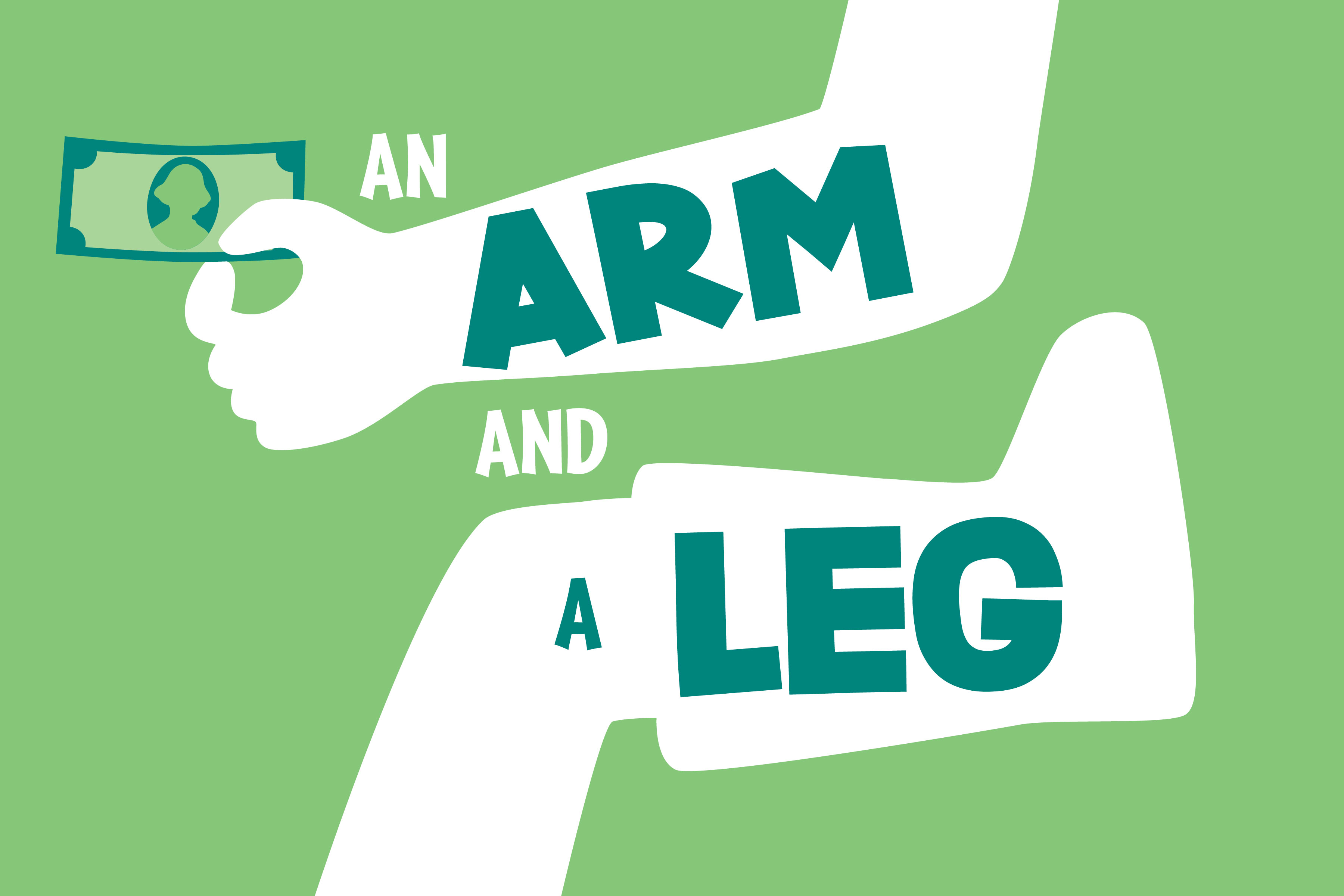Discover effective strategies for enhancing your self-esteem through positive self-talk. This article presents a range of practical approaches, backed by expert insights, to help you develop a more confident and optimistic mindset. From mirror affirmations to celebrating daily achievements, these techniques offer valuable tools for nurturing a healthier relationship with yourself.
- Practice Mirror Affirmations
- Write Self-Compassionate Journal Entries
- Celebrate Daily Achievements
- Create a Personal Highlight Reel
- Compile Proof of Self Notes
Practice Mirror Affirmations
One thing I do to cultivate positive self-talk and boost my self-esteem is intentional affirmations combined with mirror work.
Every morning, I take a few minutes to stand in front of the mirror, look myself in the eyes, and speak life into myself, even on the days when it feels hard.
One of the specific affirmations I use is:
“I am enough exactly as I am. I am worthy of respect, success, and love without needing to prove anything to anyone.”
At first, it felt uncomfortable. It’s easy to offer kindness to others, yet be so critical toward ourselves. But the more I practiced, the more natural it became. Over time, I noticed that the inner voice that once rushed to criticize began to soften.
It started encouraging me, reminding me of my resilience, my growth, and my worth, even when no one else could see it.
Along with affirmations, I also practice daily evidence gathering.
Every evening, I write down at least one thing I did well that day, no matter how small. It could be completing a challenging task, setting a healthy boundary, or even allowing myself to rest without guilt.
This simple act of acknowledgment teaches me that self-esteem isn’t built overnight. It’s stitched together through small moments of showing up for myself, again and again.
Over time, these practices have rewired the way I relate to myself.
Positive self-talk no longer feels like a forced exercise; it feels like a natural extension of how I choose to live.
Instead of relying on external validation, I’ve learned to anchor my confidence internally, in my own truth, my own progress, and my own quiet courage.
Today, I no longer wait for someone else to affirm my value.
I affirm it for myself, every morning, every night, and every time my old doubts try to creep back in.
And that has been one of the most powerful forms of self-care and personal freedom I’ve ever experienced.
 Chinyelu Karibi-Whyte
Chinyelu Karibi-Whyte
Self-Care, Financial Wellness, Mindfulness & Resilience Advocate, Pheel Pretty
Write Self-Compassionate Journal Entries
One of the most effective ways I cultivate positive self-talk is through self-compassionate journaling, especially when I notice my inner critic showing up. I take a few minutes each day to write to myself the way I would speak to a close friend: with encouragement, empathy, and honesty.
A simple affirmation I often use is:
“I am doing the best I can with what I have, and that is enough.”
This isn’t a one-time fix—it’s a daily practice. Just like building physical strength, emotional resilience and self-esteem grow through repetition. We can’t expect to say one kind thing to ourselves and have it magically shift years of self-criticism. But over time, these consistent moments of self-kindness can transform how we relate to ourselves.
Whether it’s journaling, affirmations, or mindful pauses throughout the day, creating space for positive self-talk is an act of healing—and it’s worth showing up for, again and again.
 Erena DiGonis
Erena DiGonis
Psychotherapist and Continuing Education Provider, EngagedMinds Continuing Education
Celebrate Daily Achievements
I really had to learn how to talk to myself like someone I actually love, and that completely changed everything for me. One thing I do—like, every single morning—is write down one thing I’m proud of, even if it’s super small. I’ll literally write, “I’m proud of myself for getting out of bed today,” if that’s all I could manage. And then I say out loud, “I’m doing my best, and that’s enough.” That’s my go-to affirmation. It keeps me grounded when the negative voice in my head gets too loud.
I started this during a pretty rough season when I felt like nothing I did was “good enough.” I didn’t believe in myself, and honestly, I was just tired of being my own worst enemy. I’ve kept a little notebook by my bed since then, and it’s become like a running list of reminders that I’m not failing—I’m growing.
 Nick Bach
Nick Bach
Owner and Psychologist, Grace Psychological Services, LLC
Create a Personal Highlight Reel
I keep a “proof file”—screenshots of wins, kind messages, and moments I crushed it—and scroll through it when impostor syndrome creeps in. It’s like a personal highlight reel that shuts down the voice in my head saying I suck. My go-to line? “You’ve done hard things before—you’ve got receipts.”
 Justin Belmont
Justin Belmont
Founder & CEO, Prose
Compile Proof of Self Notes
Here’s a practice that changed how I talk to myself—and it’s not a journal, not a mantra, not a vision board. I call them “Proof of Self” notes. Every time I do something that I’m secretly proud of—and I mean quietly proud, the stuff no one claps for—I write it down like I’m collecting evidence for future me.
Example:
- “Had a brutally hard conversation without flinching.”
- “Didn’t ghost that email, even though I really wanted to.”
- “Showed up to work after a garbage night of sleep and didn’t use it as an excuse to shut down.”
That’s it. Just short bullet points. No flair. But over time, this becomes a living archive of competence and character, not performance. Because the thing about self-esteem is that it’s not built from achievements you broadcast. It’s built from moments you witness yourself showing up. Even when it’s inconvenient. Especially then.
So when I hit a spiral or that inner critic starts doing its thing (“You’re falling behind,” “You’re not doing enough,” yada yada), I open my Proof of Self notes. It’s like showing receipts to the part of my brain that forgot I’ve been here before, and I didn’t quit.
And the unspoken affirmation baked into this whole practice?
“You are the kind of person who shows up—and you’ve got the proof.”
That hits different than a generic “I am enough.” It’s grounded. It’s earned. And that’s what makes it stick.
 Derek Pankaew
Derek Pankaew
CEO & Founder, Listening(dot)com











